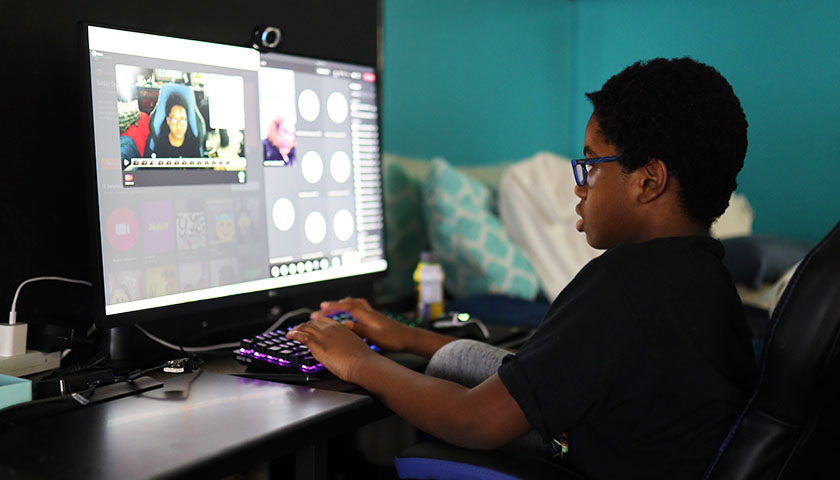by Jon Styf
The Tennessee Department of Education has announced 29 new virtual schools have been created and approved to begin for the 2021-22 school year.
The new schools bring the state’s total to 57 virtual schools in operation across the state. Tennessee public schools have continued to add more virtual learning options, beginning with 2011 legislation and an added emphasis during the COVID-19 pandemic.
The virtual schools are created, operated and overseen by a local school district and hold students to the same academic standards as in-person schools, but the virtual schools provide all or most of their education remotely.
“Last school year, districts responded to the challenges of the COVID-19 pandemic by providing additional operating models and learning formats to ensure that families had options and students could continue learning with their classmates and teachers when out of school buildings,” Department of Education Commissioner Penny Schwinn said in a statement. “While research shows that students benefit most from in-person classroom instruction, districts are ensuring families who prefer a virtual education setting for their students have those options and can continue to make the best choices for their children.”
While public schools were required to have Continuous Learning Plans that involved remote learning during portions of last school year, the state board of education passed a rule in April that limits district’s ability to utilize that removed learning during this school year unless Gov. Bill Lee declares a state of emergency and Schwinn grants permission.
Families will have to enroll children in virtual schools in order to continue that style of learning.
The Tennessee Virtual Public Schools Act, which was passed in 2011, allows local education agencies to create virtual schools to offer an alternative education mode.
The newly created virtual schools span the state and have different grade level options. Some are third grade through high school, some are divided more similarly to traditional schools with a K-5 elementary school format while others provide full K-12 options.
“The flexible schedule and learning environment of our local virtual school is designed to meet the needs of all learners – those whose extracurricular interests may not allow for a traditional school schedule as well as those whose learning needs may not be suitable to a traditional classroom environment,” said Annette Tudor, director of schools at Bristol City Schools, which added a K-5 virtual school this year. “Our virtual school prepares students for college or career with challenging and engaging coursework, all taught by certified Tennessee teachers and all tuition-free.”
A list of the 29 virtual schools approved for the upcoming school year can be found on the Department of Education website.
– – –
Jon Styf contributes to The Center Square.








